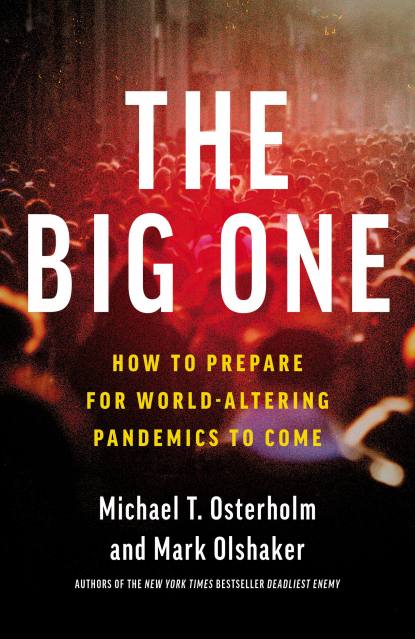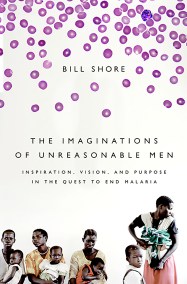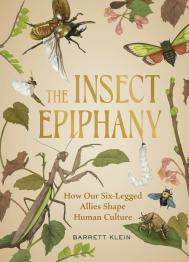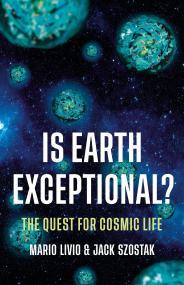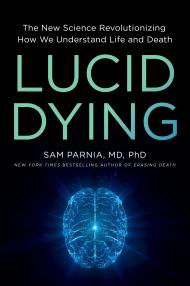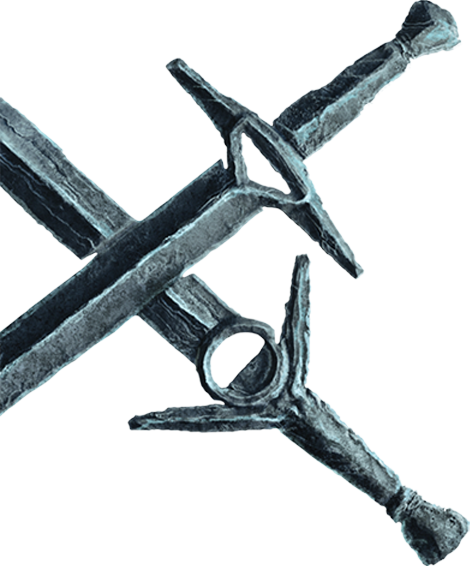
The Big One
Why Future Pandemics Will be Worse—and How We Must Prepare
Contributors
Formats and Prices
Price
$30.00Price
$39.00 CADFormat
Format:
- Hardcover $30.00 $39.00 CAD
- ebook $14.99 $19.99 CAD
- Audiobook Download (Unabridged) $27.99
Also available from:
The Covid-19 pandemic was the most devastating natural event of the last century, killing more than 7 million people around the globe, straining the fabric of societies internationally, and shaking the foundations of the global economy. And yet, as horrifying as the experience was, Covid-19 was not actually “the Big One” — the dreaded potential pandemic that haunts the nightmares of epidemiologists and public health officials everywhere, and which will alter life across the world on every meaningful level unless we are ready to deal with it. Indeed, even as we learn to live with Covid-19 and continue to recover from its worst effects, the next pandemic is already lurking around the corner—and it may very well be worse.
In The Big One, founding director of the Center for Infectious Disease Research and Policy Michael T. Osterholm and Mark Olshaker examine past pandemics, highlighting the ways societies both succeeded and failed to address them; trace the Covid-19 pandemic and evaluate how it was handled; and look to the future, projecting what the next pandemics might look like and what must be done to mitigate them. Drawing on years of high-level research as well as cutting-edge analysis and an innovative hypothetical scenario threaded throughout each chapter, The Big One is a gripping, comprehensive, and urgent wake-up call. Because Covid-19 was just a taste of what’s to come. If we’re going to survive the next big pandemic, we need to be prepared.
Genre:
- On Sale
- Sep 2, 2025
- Page Count
- 384 pages
- Publisher
- Little Brown Spark
- ISBN-13
- 9780316258340
Newsletter Signup
By clicking ‘Sign Up,’ I acknowledge that I have read and agree to Hachette Book Group’s Privacy Policy and Terms of Use
